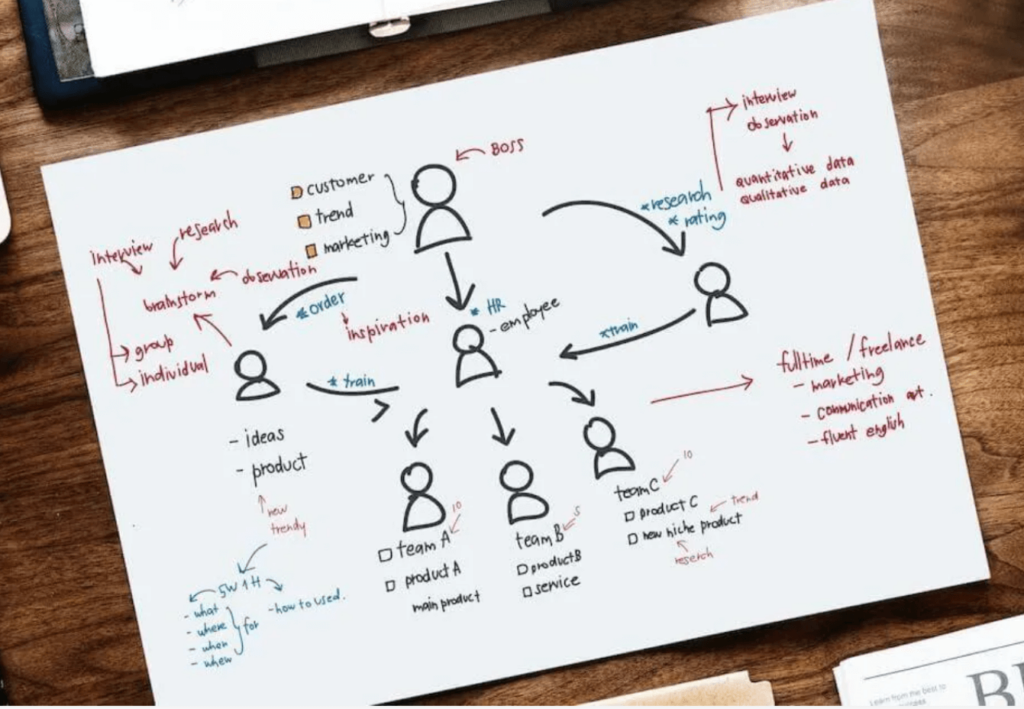Small businesses are increasingly turning to artificial intelligence (AI) and machine learning (ML) to achieve the same level of insight that, historically, would have required them to employ a team of business analysts. In this article, we explore how automation and AI understands human sentiment and how it assists small businesses in gaining important insights and improving their operations.
Let’s begin with the definition of AI to grasp the concept behind this technology firmly. According to Microsoft, AI is “anything that can process information without a biological brain” and “can sort information as a result of machine learning.” ML is the process of instructing a computer or other devices to respond appropriately to various kinds of data.
The many AI advantages
Automation is a key advantage AI brings to companies of a smaller scale. By taking care of repetitive chores that would otherwise require a dedicated staff, it can save small businesses both time and money. It eliminates the need for an organization to hire and pay an entire team of professionals. The internet is filled with examples of automated machine learning designed to handle repetitive tasks. This frees up workers so they’re able to concentrate on vital activities, including providing better service to customers or developing a plan.
Along with automation, AI allows for sentiment analysis which offers small businesses insightful information. That is because, true to its name, sentiment analysis is all about understanding how people feel about a company. This technological feature of AI examines customers’ comments, social media posts and other types of customer communications. It gauges customers’ personalities, tastes, preferences and the communication styles they appreciate most from customer service representatives. Sentiment analysis can also help small business owners determine the areas in which they’re succeeding, as well as those in which they need to improve.
For example, Business News Daily forecasts that AI will move digital technology away from the two-dimensional screen and into the three-dimensional physical environment surrounding an individual. This will be accomplished by analyzing customer feedback and providing insights into the business.
Natural language processing (NLP) is another application of AI that can be utilized in the operation of a small business. NLP evaluates customer reviews and comments to achieve better understanding of what aspects of a company people like and dislike. For instance, the owner of a small business can use the information provided by a significant number of customers who complain about long wait times to enhance business operations and cut down on customer wait times.
Better answers, better marketing
Chatbots are another use for AI with sentiment analysis capabilities. They can be programmed to respond to inquiries from customers and deliver information around the clock. This is another feature that frees up workers so they can concentrate on essential activities, such as providing better service to customers or saving customers by developing a specific plan for them. In addition, chatbots can be trained to comprehend how customers are feeling and react appropriately to that understanding.
The marketing of small business owners can also be improved using AI and ML. For example, marketing tools powered by AI can quickly perform data analysis and recognize patterns. This greatly assists small businesses in shifting their marketing efforts toward the consumers most likely to respond positively to their messages. And it effectively changes the strategy of where marketing dollars go.
In summation, both automation and sentiment analysis provided by AI offer owners of small businesses insights that would normally need the employment of a crew of business analysts. By handling repetitive chores, automation helps small firms save time and money, while sentiment AI assesses customer feedback and improves operations. Marketing technologies driven by AI can be utilized to boost both marketing efforts and return on investment. The best way for small business owners to get started with AI is to conduct research, put automation into practice and employ sentiment AI solutions suitable for their companies.
Making AI more accessible to small business owners
Our company developed an app, Yobi, for small businesses that improves customer relationship management (CRM) by combining numerous communication channels. We recently added two new AI–driven features to improve the app’s capabilities in helping small business communications.
The first uses NLP to automatically categorize and prioritize customer messages. We’re also planning to introduce an AI-powered chatbot that responds to questions posed by customers with an additional feature that devises optimal answers to those questions.
This soon-to-be unveiled chatbot enhancement gives small business owners the ability to pre-program solutions to frequently asked queries from customers, including those about store hours of operation or how to get there. This feature will be instrumental for small businesses wanting to save time and money as it limits the number of inquiries to which they must respond. In addition, the chatbot can be taught to understand specific consumer requests and provide responses to those demands, further increasing its level of efficiency and effectiveness.
Identifying critical customer communications immediately
The customer’s messages are automatically sorted into categories and prioritized with the use of sophisticated algorithms provided by the NLP function. This enables owners of small businesses to rapidly identify the most critical communications, such as urgent complaints or requests for information, and respond to them in a timely manner. This capability can also uncover patterns in client inquiries, which assists small business owners with determining which areas of their products and services can be improved.
These new capabilities will make it simpler for owners of small businesses to manage all their contacts and communications with customers – especially when delivered through an app designed to tackle CRM challenges. They will enhance the overall quality of service provided to customers.
An asset for businesses with limited resources and time
It’s crucial to keep in mind that small business owners usually have limited resources and time. As a result, they require solutions to assist them in effectively managing their contacts with customers. They can automate mundane operations and direct their attention to more vital tasks and opportunities thanks to the newly introduced AI-powered capabilities of our app. Our objective was to ensure that we’re assisting these businesses in boosting their overall productivity and service to customers.
Knowing how important refining CRM is to retaining customers – across a variety of industries – our goal was to make AI more accessible to the owners of these organizations, providing advanced capabilities that automate tasks and improve customer service. We feel that small businesses should be afforded with the same advantages as the Amazons and Googles of the world. We wanted to streamline the entire process of managing and interacting with customers. Now, through one app, business owners can quickly identify and respond to the most important messages, like urgent customer complaints or requests for information. With the assistance of NLP chatbots powered by AI and all that sentiment analysis has helped us learn about individual customers, we’re now very optimistic about the future of customer service.



